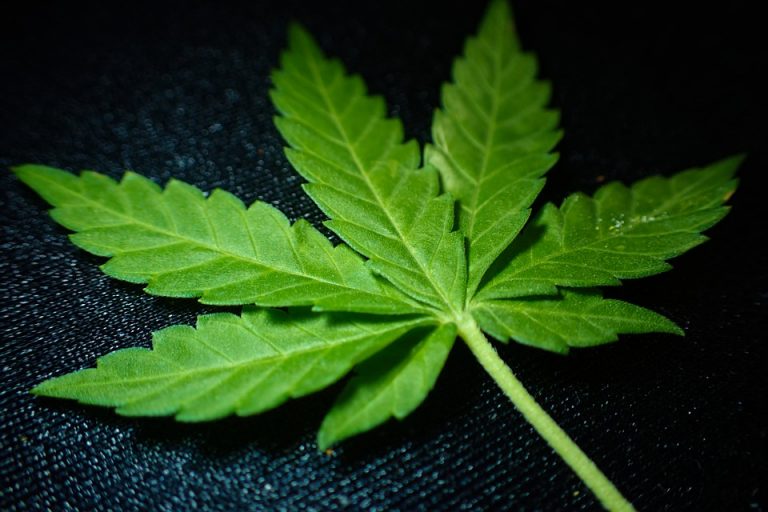Marijuana is the most commonly used drug in the United States and the rest of the world.
It’s used medicinally in many cases and can help treat symptoms of chronic illnesses like HIV, multiple sclerosis, cancer, Crohn’s disease, and seizure disorders. Other cultures around the world use it because they believe it has spiritual properties.
When used recreationally, marijuana has a reputation for being safe, as risks of addiction and overdose are low. However, it’s not completely harmless for anyone, especially a recovering drug addict.
Just as many people consider marijuana to be a gateway drug to harder substances, it can also work as a crutch for an addict struggling with recovery who is still looking for a high.
Marijuana Use Disorder
Research suggests that marijuana use disorder is present to some degree in around 30% of people who regularly use marijuana. The use disorder most often shows up as dependence, so users experience withdrawal symptoms when not taking the drug.
There is an argument to be made that marijuana helps wean addicts off hard drugs. While this may work for some people, the bottom line is that marijuana is a substance that alters the user’s state of mind and can cause dependence. Using marijuana in this way puts the user at risk of replacing one addiction or dependence with another.
Other Mental Health Risks
Hard drugs can cause mental health issues in addicts, such as depression, psychosis, hallucinations, memory issues, and more.
Marijuana carries the risk of worsening pre-existing mental health conditions or causing serious relapses for mental illnesses that had been previously dealt with. This can be very dangerous for addicts that have lingering issues from using other drugs.
Risk of Overdose on Marijuana
While the risk of overdose on marijuana is famously low, it’s not impossible.
Over the years, the potency of marijuana has increased considerably. The average content of THC, the chemical that causes the high, was below 4% in the 1990s. In 2014, that average number rose to over 12%.
Researchers aren’t sure how much THC is enough to cause an overdose. In fact, they haven’t even agreed on a common test to determine levels of THC in the bloodstream.
Tests on animals and a few cases in humans, however, have shown that it is possible to die while consuming marijuana, even without the involvement of alcohol or other drugs.
Since many people assume marijuana is safe, it’s not unreasonable to be concerned about an addict ingesting unsafe levels of marijuana in a search for a higher high. If you’ve previously experienced an addiction to a harder drug, it’s safer to stay away from any mind-altering substance altogether, marijuana included.

